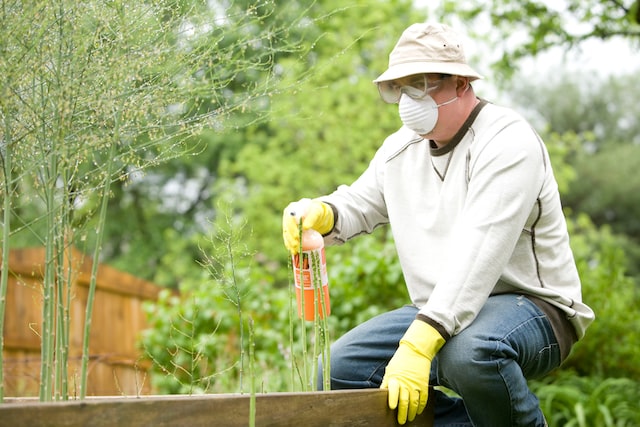Eye protection is not just about improving vision by wearing glasses, using the right safety glasses can protect your eyes and increase your productivity. Safety glasses are personal protective equipment that must be used in any workplace. Safety glasses are eye protection devices that prevent eye diseases caused by dust particles and other flying debris entering the eyes. In this article, you'll learn about safety glasses to help you make the best choice. This includes the purpose of safety glasses, their benefits in the workplace, and the standards and requirements for using this important piece of equipment.
Whether at home or elsewhere, if your work environment is filled with substances that can get into your eyes and cause eye damage, it will be important that you wear safety glasses to protect your eyes. There are countless incidents each year where eye trauma occurs due to the quality of safety glasses or employees not choosing and wearing them correctly. Eye protection is an integral part of a safe working environment in order to avoid eye injury accidents, reduce the severity of these injuries and take the appropriate precautions.

There are different types of safety glasses such as safety goggles, safety glasses and face shields. Choosing the right safety glasses depends on your individual needs and the level of protection required in the workplace. Some alternatives are.
Goggles: Goggles with vents allow air to circulate and prevent lenses from fogging up. These goggles fit comfortably and securely over your eyes, preventing flying objects from entering your eyes. Some glasses are completely sealed with no ventilation. If you work in an environment with harmful chemical fumes, these glasses will better protect your eyes and prevent air from entering the eye area. Unventilated goggles are often fitted with an anti-fog coating to prevent lens fogging during work.
Face shield: This is a layer of clear plastic that usually covers the entire face. While some shields are polarized and filter out certain types of light, they are primarily designed to protect the eyes from dust and accidental splashes. However, these shields are not designed for impact protection and are mainly used in goggles as an extra layer of protection.
Welding helmet: The shield is made of vulcanized fiber or fiberglass, and the lens is made of filtered glass. Welding helmets protect the entire face from sparks and metal fragments formed during welding, brazing and cutting. They also protect the eyes from burns from infrared or radiant light emitted during welding and brazing work.
You need to choose the safety glasses you need and consider different lens materials.
Glass: Glass lenses are not easy to scratch when worn, but they tend to fog up. The lens quality is heavy and the wearing comfort is poor.
Plastic: Lighter than glass lenses, less likely to fog up, but less resistant to scratches.
Polycarbonate: Lightweight, stronger than glass and plastic lenses, more impact resistant, and less prone to fogging. But the lenses are easily scratched.
Your glasses should fit snugly across your face from your eyebrows to your cheekbones, from the bridge of your nose to the outside of your face, without any gaps, and completely cover your face to prevent the entry of external particles.
Your glasses should fit over your ears and cover your temples. The frames should be close to your face. And they should be comfortable to wear.
Your glasses should provide you with a wide field of vision and be able to see clearly around you without any obstruction.
If you are looking for the right eye protection, why not click to see our products. T-safety offers you a wide range of eye protection devices that can be selected according to your needs to provide you with the best eye protection. Feel free to contact us to learn more.
Copyright © Hebei Sinotools Industrial Co.,Ltd. All Rights Reserved | Powered by  Sitemap
Sitemap